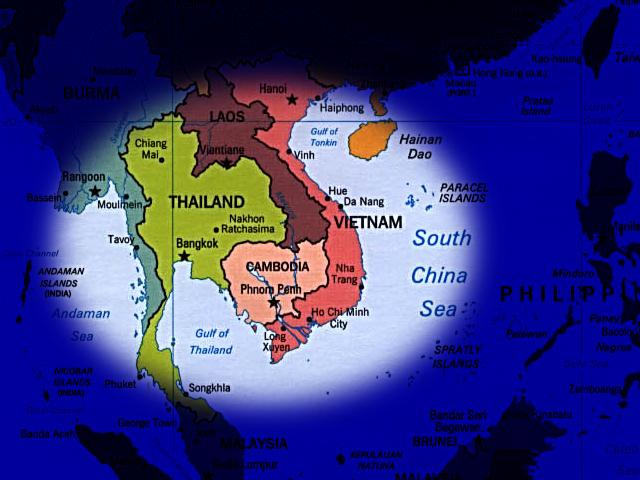Pages
Wager: No democracy for Egypt in 2011, I am betting money on it
It’s official. I am willing to bet INR 5000/ US$ 100/ GBP 70 on the fact that Egypt shall not see democracy for any foreseeable future, despite eighteen days of spectacular struggle by the Egyptian people and the general euphoria that has taken over the world..

All you need to know about Arab World Protests: Tunisia, Egypt, Yemen, Algeria, Jordan
The entire Arab region is engulfed in popular uprisings sparked by the success of Tunisian Revolution. And it is all happening at lightning-fast speed, fuelled by Social Media and angry emotions. Here is a quick and dirty introduction to why and how this is happening.

6 Suggestions to Hindu Terrorists
Highlighting the stupidities of Abhinav Bharat and other Hindu Right-Wing terror groups based on the story told in Swami Aseemanand's Confession.

For Dummies
For Dummies (aka Monday Backgrounder) is a weekly feature that discusses a new topic giving the reader basic knowledge about the subject so that you can pretend to know things without reading a newspaper... I should be paid for providing such a public service.

27.7.11
Why the Mumbai Attacks shouldn’t have surprised anyone
The meaningless ritual of Terrorism
19.2.11
Did Al Jazeera tweak the whole narrative of Arab World Protests?

The country with two governments nationalized/robbed its banks

17.2.11
US arming Afghan Civilians: A very bad idea

What is happening in Middle East now as protests continue in Yemen, Bahrain, Iraq, Iran and Libya
 |
| Yemeni President Ali Saleh |
15.2.11
Egypt Protests: No democracy for Egypt in 2011, I am betting money on it

13.2.11
Why Mubarak’s Fall unlikely to bring democracy in Egypt

A good Mubarak joke

You can follow DoT on Twitter @DoT_Sandeep or Facebook facebook.com/dreamsofatypewriter
6.2.11
Military skirmishes between Thailand and Cambodia flare up once again

5.2.11
Housekeeping Announcement
PS: Please mail me if you have any leads or tips for stories that I can chase in Bangladesh, or any exotic food that I should try.
You can follow DoT on Twitter @DoT_Sandeep or Facebook facebook.com/dreamsofatypewriter








